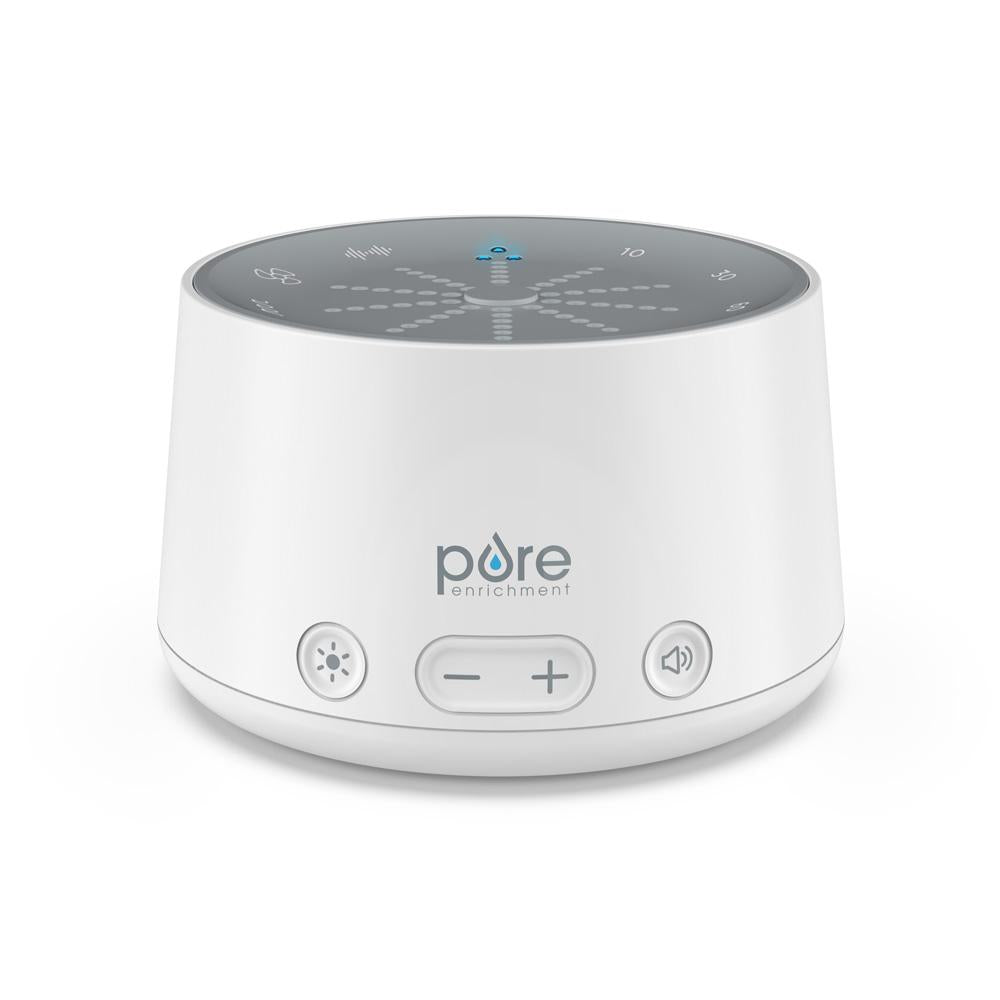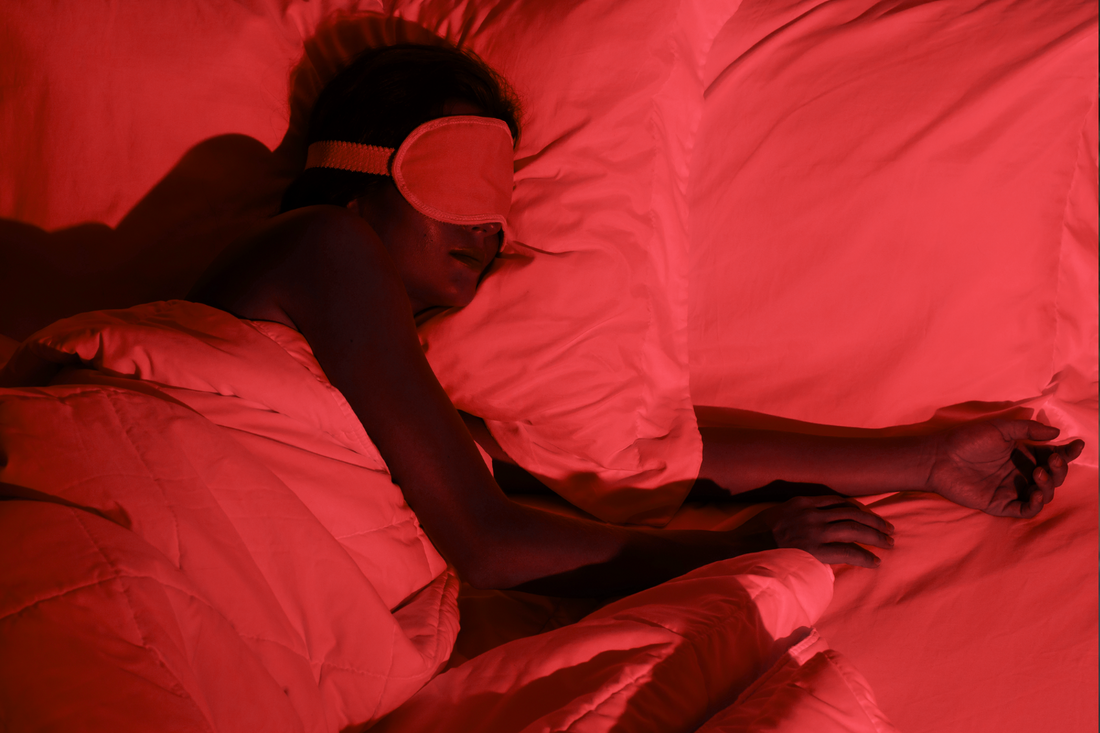Advanced Sleep Therapy - Attain Deep, Relaxed Sleep
Advanced Sleep Therapy - Attain Deep, Relaxed Sleep
Blog Article
Reliable Treatment Solutions for Taking Care Of Sleep Disorders and Enhancing Relaxed Sleep
In the world of healthcare, the administration of sleep disorders and the quest for peaceful rest are critical elements of total health. Reliable therapy remedies use a diverse strategy to deal with these difficulties, varying from cognitive behavioral interventions to holistic techniques that advertise leisure and mindfulness. The expedition of various techniques, including the assimilation of medication and light therapy, opens up a world of opportunities in the pursuit of better rest quality. As we browse the complex landscape of rest disorders and seek to improve our sleep experience, a deeper understanding of these therapy services might hold the key to unlocking a more rejuvenating and fulfilling restorative journey.
Cognitive Behavior Modification for Insomnia (CBT-I)
Cognitive Behavior Treatment for Insomnia (CBT-I) is a structured, evidence-based treatment method that concentrates on addressing the underlying aspects adding to rest disruptions. This kind of treatment aims to modify behaviors and thoughts that exacerbate sleep problems, eventually advertising healthy sleep patterns. CBT-I usually includes several crucial elements, consisting of cognitive therapy, sleep limitation, stimulation control, and rest health education and learning.
Cognitive therapy helps individuals identify and alter unfavorable idea patterns and ideas regarding sleep that may be preventing their ability to fall or remain asleep. Sleep restriction entails limiting the amount of time invested in bed to match the person's actual rest period, thus boosting rest performance (sleep disorder treatment). Stimulation control strategies help develop a strong organization in between the bed and rest by motivating individuals to head to bed only when sleepy and to prevent engaging in stimulating tasks in bed
Additionally, sleep hygiene education concentrates on creating healthy rest behaviors, such as maintaining a regular rest routine, developing a relaxing going to bed regimen, and maximizing the rest atmosphere. By addressing these aspects thoroughly, CBT-I supplies an efficient non-pharmacological intervention for managing sleeping disorders and enhancing general sleep quality.
Rest Health Practices
Having established the structure of cognitive restructuring and behavioral adjustments in addressing sleeplessness through Cognitive Behavior modification for Sleep Problems (CBT-I), the focus now changes towards exploring essential Rest Hygiene Practices for preserving optimum sleep high quality and total well-being.
Sleep health practices include a range of routines and environmental aspects that can significantly affect one's ability to go to sleep and stay asleep throughout the evening. Constant sleep and wake times, creating a relaxing going to bed regimen, and enhancing the rest atmosphere by keeping it dark, peaceful, and cool are essential elements of excellent rest health. Limiting exposure to screens prior to going to bed, preventing energizers like high levels of caffeine near to bedtime, and taking part in routine physical activity throughout the day can also promote much better sleep high quality.
Moreover, exercising relaxation strategies such as deep breathing workouts or meditation before bed can assist soothe the mind and prepare the body for sleep. By including these sleep health techniques into one's day-to-day routine, individuals can develop a healthy and balanced rest pattern that supports relaxed sleep and total wellness.
Leisure Techniques and Mindfulness
Executing leisure strategies and mindfulness practices can play an essential duty in fostering a sense of tranquility and promoting high quality rest. Additionally, assisted images can aid deliver individuals to a calm place in their minds, helping in stress decrease and boosting rest top quality.
By including these techniques into a bedtime routine, people can signal to their bodies that it is time to prepare and unwind for rest. In general, incorporating relaxation methods and mindfulness practices can substantially contribute to handling rest conditions and boosting total rest visit high quality.

Medicine Options for Rest Disorders
After exploring relaxation strategies and mindfulness practices as non-pharmacological treatments for improving sleep top quality, it is vital to take into consideration medicine choices for people with sleep conditions. In situations where way of living changes and treatment do not provide adequate relief, medication can be a useful tool in managing rest disruptions.
Frequently suggested drugs for rest conditions include benzodiazepines, non-benzodiazepine hypnotics, antidepressants, and melatonin receptor agonists. Benzodiazepines, such as diazepam, are sedatives that can help induce rest, yet they are typically recommended for temporary use because of the threat of dependence. Non-benzodiazepine hypnotics like zolpidem are additionally utilized to treat sleep problems and have a lower danger of dependancy compared to benzodiazepines. Antidepressants, such as trazodone, can be useful for people with co-occurring anxiety and rest disruptions. Melatonin receptor agonists, like ramelteon, target the body's all-natural sleep-wake cycle and can be handy for controling rest patterns.
It is vital for individuals to talk to a healthcare copyright to establish the most ideal medicine alternative based on their specific rest disorder and case history.
Light Treatment for Circadian Rhythm Regulation
Light treatment, likewise understood as photo-therapy, is a non-invasive therapy approach used to manage body clocks and boost sleep-wake cycles. This treatment includes exposure to bright light that resembles natural sunlight, which aids to reset the body's biological rhythm. snoring in sleep By subjecting people to certain wavelengths of light, typically in the morning or evening relying on the desired result, light treatment can efficiently readjust the circadian rhythm to advertise wakefulness throughout the day and boost relaxing sleep during the night.
Research has revealed that light treatment can be particularly beneficial for people with circadian rhythm problems, such as delayed rest phase disorder or jet lag. It can additionally be useful for those experiencing seasonal affective problem (SAD), a kind of anxiety that commonly takes place during the winter season when all-natural light exposure is minimized. Light therapy is normally well-tolerated and can be used along with other therapy techniques for rest conditions to maximize end results and boost total rest top quality.
Final Thought
Finally, efficient therapy solutions for managing sleep conditions and enhancing relaxing rest consist of Cognitive Behavioral Treatment for Sleep Problems (CBT-I), rest health methods, relaxation techniques and mindfulness, drug alternatives, and light treatment for circadian rhythm guideline. These approaches can aid people boost their sleep top quality and general health. It is important to talk to a doctor to determine one of the most appropriate strategy for addressing sleep problems.
As we browse the complex landscape of sleep conditions and seek to boost our rest experience, a much deeper understanding of these therapy solutions might hold the secret to unlocking a more rejuvenating and fulfilling restorative trip.
Rest limitation includes limiting the amount of time spent in bed to match the individual's actual rest period, thus raising sleep efficiency. Regular rest and wake times, creating a relaxing going to bed regimen, and optimizing the rest atmosphere by keeping it dark, silent, and cool are vital components of great sleep hygiene. Light treatment is generally well-tolerated and can be made use of in conjunction with various other therapy approaches for rest disorders to maximize results and enhance general sleep top quality.

Report this page